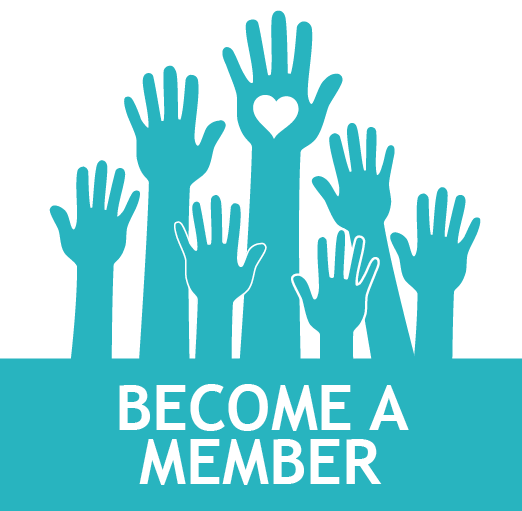We are delighted to share that Giving Women members will start working with the following projects in 2024. Giving Women projects circles will be assisting these organisation in various areas of capacity building raging from governance and strategic planning to communications and fundraising strategy assistance.
 Uganda Village Project, Uganda
Uganda Village Project, Uganda
Since its establishment in 2003, the Uganda Village Project has been dedicated to enhancing the health and well-being of rural Ugandan communities. It achieves this by expanding access to healthcare services, offering community education, and implementing prevention strategies.
UVP currently focuses on three pillars: (1) end-to-end obstetric fistula repairs, (2) adolescent reproductive health (ARH) and (3) WASH (water, hygiene & sanitation) programs.
_________
 Rwandan Organisation of Women with Disabilities – UNABU
Rwandan Organisation of Women with Disabilities – UNABU
UNABU is a non-governmental organization created in 2004 by and for women with disabilities. UNABU promotes gender equality and removal of various barriers which prevent women with disabilities to fully participate in the society. UNABU applies a hollistic approach to empower girls and women living with disabilities. The project they are seeking help with looks at connecting women and girls with disabilities to social economic opportunities through various trainings and corporate partnerships.
_________
Innovations for Development (I4DEV) – Uganda
The Climate Smart Response for Better Health Outcomes project was initiated in late 2021 with the aim of providing vulnerable households living in the slums of Kampala, Uganda, with clean cooking energy. It does so by supporting 100 women from the slum communities in the following areas: the effective valorisation of all solid and, water waste into valuable products and materials; promotion of access and marking of clean energy technologies; and rebuilding and strengthening new and existing climate-smart climate enterprises with the necessary support. This support is intended for a two year period.
_________
LET’S END FISTULA INITIATIVE – Kenya
The Mission of the “Let’s End Fistula Initiative” is to establish a fistula survivors’ network that contributes to ending fistula in Kenya and rebuild the lives of women and girls who have suffered this childbirth injury through community-based interventions. The objectives are: 1) Reduce the backlog cases of fistula patients by linking fistula patients with fistula treatment opportunities, 2) Reduce the cases of maternal related deaths through preventive initiatives, 3) Reduce the cases of teenage pregnancy, 4) Address the socio-economic factors that contribute to maternal mortality and morbidity for prevention purposes, 5) Influence policy making around maternal health through advocacy.
_________
 Afghan Rayan Educational and Development Organization (AREDO) – Afghanistan
Afghan Rayan Educational and Development Organization (AREDO) – Afghanistan
AREDO’S mission is to advance the spread of fundamental human and women rights values, development of community awareness, social justice, freedom principles, and bridge the gap between people and state to create an environment of trust that leads to the path of prosperity. The ALEF Project, known as the Adult Learning & Education Facilitation Project, was initiated to provide literacy classes to hundreds of economically marginalized and disadvantaged women across Afghanistan. The project has been funded by the Mennonite Central Committee (MCC).
_________
 Shared Action Africa – Uganda
Shared Action Africa – Uganda
Shared Action Africa (SAA) programs serve women and girls aged 10 and up living in refugee settlements in Uganda. SAA clearly outlines the core focus areas they wish to address: livelihoods, sexual reproductive health, environmental and climate justice and anti-poverty advocacy. In terms of economic empowerment/livelihoods, SAA has had success implementing 20 savings groups for women so that they can buy essential items to stabilize their businesses and income. They have also made progress towards climate goals by providing energy efficient cookstoves and teaching gardening and farming techniques. Such projects have lowered food expenditures for families. Also, hundreds of women and girls have been screened for cervical cancer, health teams have been trained and STI testing was done. SAA is making impact in each of their focus areas, which have been designed as part of a holistic picture of health and financial stability for women and girls.

 Female Empowerment: The Power of Partnership Across Borders To End Gender Based Violence
Female Empowerment: The Power of Partnership Across Borders To End Gender Based Violence